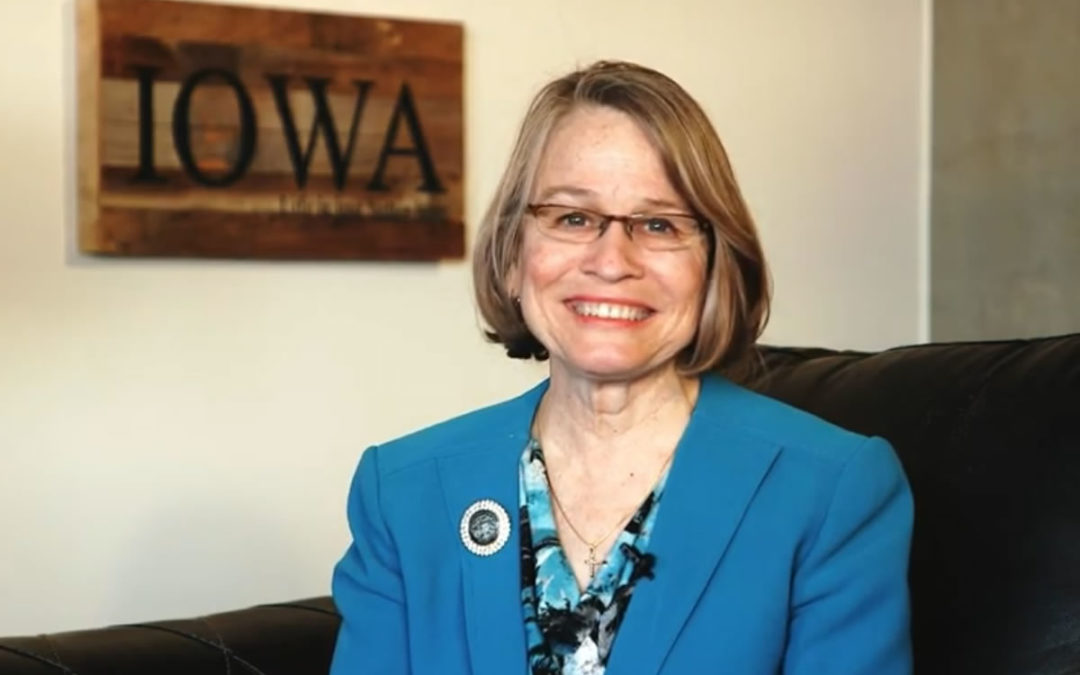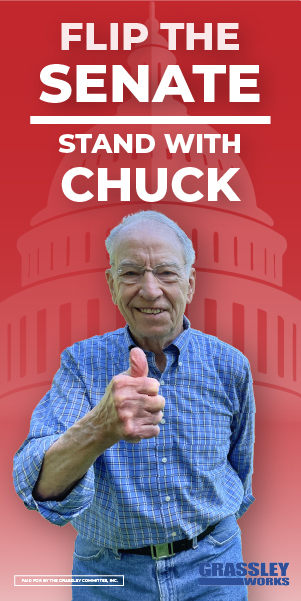As Iowa legislators finished their last day of session before the 30-day pause prompted by the goal of reducing the spread of coronavirus, I mused to my colleagues that one facet of the pandemic receiving little attention has the potential to dramatically escalate the crisis. It is the effect of community spread to the highly vulnerable U.S. homeless population.
Heretofore, most of the U.S. cases have been in those with economic means to travel internationally or those closely associated with them. However, community spread in most states over the past few weeks has removed that “blanket of security” from most Americans’ psyche and institutions are rapidly shutting down and shifting to remote work from home situations. By their nature, the homeless are already socially distant, but they are not removed from the threats of contracting coronavirus.
The homeless cannot reduce risk by hunkering down in homes they do not have. They do not have access to sanitizing wipes and gels or even soap and water. They often have the high risk (and untreated) health conditions such as diabetes, hypertension, COPD, and cardiac disease which place them at highest risk for complications and at highest risk to need the highest level healthcare.
Ironically, the very places they turn for food and shelter or to congregate for safety and warmth decrease social distance and place them at risk for exposure and spread of the virus. Additionally, a well-documented increased prevalence of mental health conditions in the homeless population amplifies anxiety and could exacerbate behaviors such as substance abuse, including alcoholism, as coping mechanisms.
Most would agree that the top two causes for homelessness are economic (with multiple causes) and mental health conditions, including addiction. The most recent U.S. Department of Housing and Urban Development’s Point-in-Time estimate (January 2017 indicated more than 553,700 Americans are homeless on any given night. It seems certain those numbers will increase as the pandemic drives unemployment numbers to potentially record numbers.
The solutions to homelessness have long been a partisan issue going back to the Great Depression. The necessity of solving the homeless crisis has never been more expedient than it is today. We need our political leaders to rise to the occasion and craft both emergency short-term responses and long-term solutions to prevent community spread of the current pandemic virus and long-term solutions to end homelessness.
Short-term solutions could utilize now empty schools, other government buildings or private venues, which could be temporarily repurposed to house homeless individuals with proper social distancing and access to essential sanitary facilities. Nutritional meals could be delivered and distributed. Access to tele-health mental services could be made available with internet access. This is already happening in some communities; it needs to happen in more.
Certainly there is a cost to providing temporary housing and disinfecting once the crisis is resolved, but there is also significant cost of medical care and loss of life if rapid and unchecked community spread occurs.
Long-term solutions can be developed by President Trump convening a task force to address rising homelessness directed at economic challenges (including affordable housing), substance use disorder and mental illness. Such a task force would include members from non-government and governmental groups that work with the homeless, public health, non-profit and religious groups that provide shelter, veterans representation, mental health and substance use disorder experts as well as those in the business community as a start.
It is the right thing to do in a country with our resources and the potential of the next pandemic being just around the corner even as we deal with this one. This will require a proactive, bipartisan effort. Anyone who points partisan fingers at the past in this moment of crisis is part of the problem, not the solution. Now is the time to look forward, not backward.
State Sen. Mariannette Miller-Meeks, R-Ottumwa, is a former director of the Iowa Department of Public Health and a candidate for the GOP nomination in the 2nd Congressional District.



